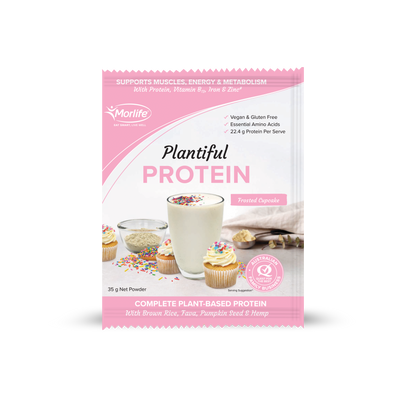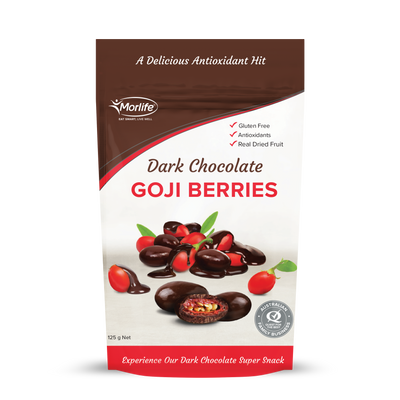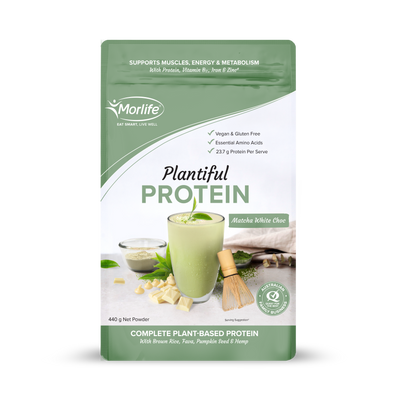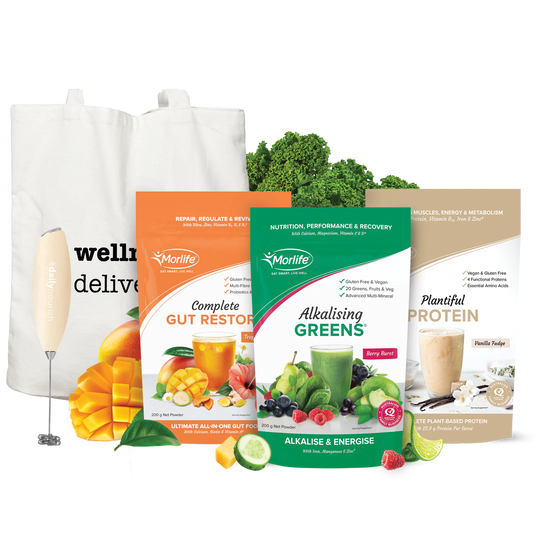Our List of Good Mood Boosting Foods
With the fast-paced world we live in, maintaining a positive mood and mental well-being is essential for overall health. While factors like stress, sleep, and physical activity play a crucial role, we often underestimate the impact of nutrition on our mood.
So, let’s explore the connection between mood, nutrition and gut health to discover a list of mood-boosting foods that can contribute to a happier, healthier you!
The Gut-Mood Connection:
Plenty of research has increasingly highlighted the intricate relationship between our gut and our mood. As the gut is home to trillions of microbes, collectively known as the gut micro-biota, they play a vital role in maintaining our interlinked physical and mental health.
This link is known as the gut-brain axis, which is a bidirectional communication system that flows between the gut and the brain, and vice-versa, which then influences various aspects of our well-being, including mood regulation.
Importance of Nutrition for Mood:
Our dietary choices have a direct impact on the structure of the gut microbiota, influencing its ability to produce mood-regulating neurotransmitters and anti-inflammatory compounds. A well-balanced and nutrient-rich diet provides the building blocks necessary for optimal brain function and emotional well-being.
Mood-Boosting Foods:
Fatty Fish: Rich in omega-3 fatty acids, fatty fish like salmon, trout, and sardines contribute to brain health and can positively affect mood.
Dark Chocolate: Indulge in moderation – dark chocolate contains antioxidants and stimulates the release of endorphins, promoting a sense of pleasure.
Berries: Packed with vitamins, minerals, and antioxidants, berries have been linked to improved mood and cognitive function.
Seeds and Nuts: Almonds, walnuts, chia seeds, and flaxseeds provide essential nutrients like magnesium and omega-3s, supporting brain health.
Leafy Greens: Spinach, kale, and other leafy greens are rich in folate, which plays a role in neurotransmitter synthesis and mood regulation.
Probiotics: Yoghurt, kefir, and fermented foods, like sauerkraut and kimchi, introduce beneficial bacteria to the gut, positively influencing mood and reducing inflammation.
The Role of Hydration:
Not only does food play a role in your mood but also your water intake! Since dehydration can impact mood and cognitive function, ensure you stay adequately hydrated by drinking enough water throughout the day, as even mild dehydration can lead to feelings of fatigue and irritability.
Mindful Eating for Better Mood:
In addition to incorporating mood-boosting foods, practising mindful eating can also enhance the connection between nutrition and mood. By slowing down, savouring each bite, and paying attention to hunger and fullness cues, this mindful approach to eating can help lead to a more positive relationship with food and improve our overall well-being.
By incorporating mood-boosting foods into our diets and prioritizing gut health, we can take proactive steps to enhance our psychological and physical well-being and embrace the journey towards being happy and healthy.
Remember, small changes in dietary habits can have a big impact on your mood and overall quality of life. When you eat smart, you’ll live well!
For any mood boosting recipes download our FREE Mood Recipe e-book!
In health and wellness,
Team Morlife xx














